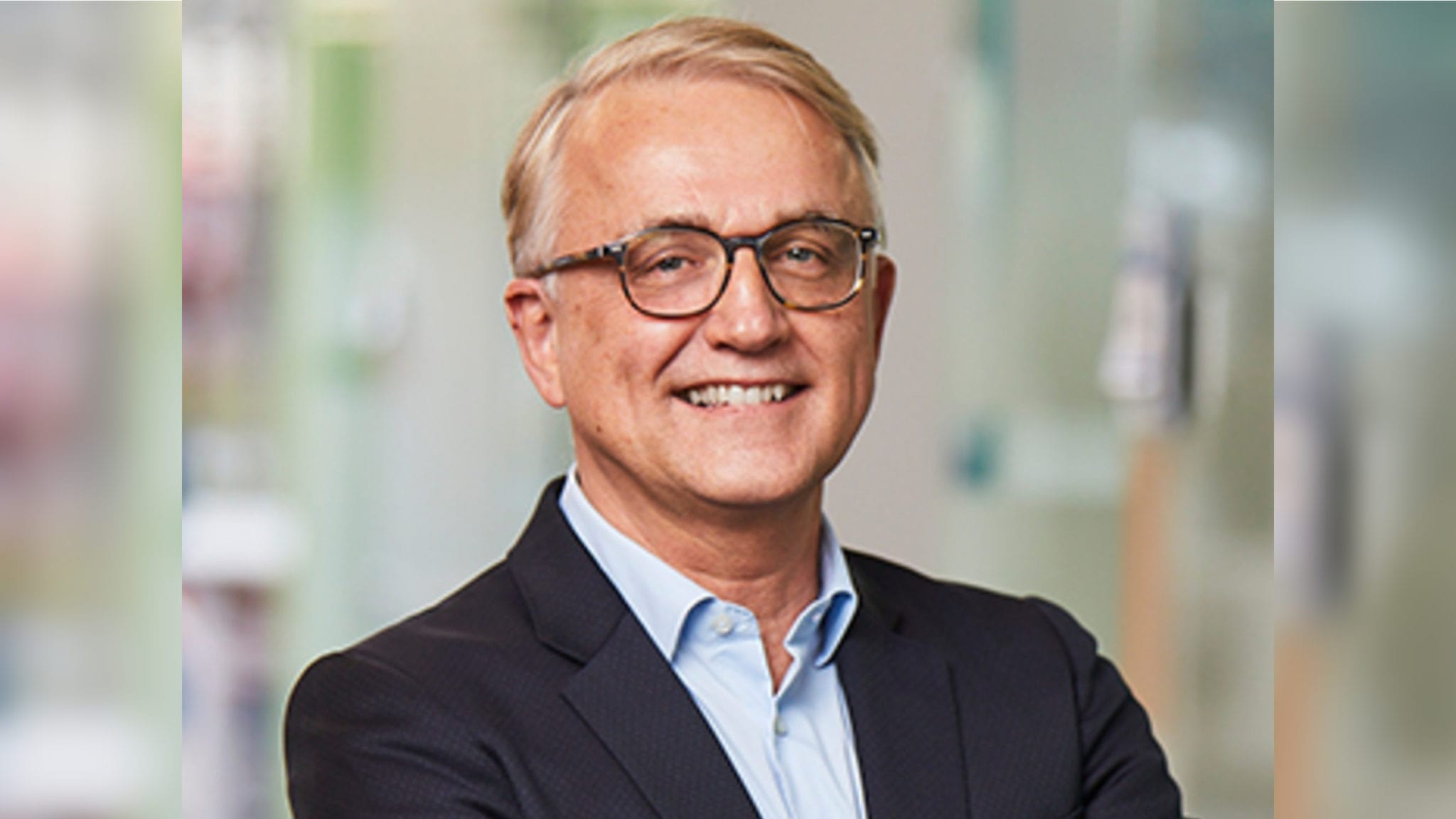
Paul Peter Tak (Candel)
After building pipelines from GlaxoSmithKline to Flagship, Paul Peter Tak takes the helm at an under-the-radar oncolytic virus player
Paul Peter Tak has done it all: From a professorship in his native Netherlands to the head of immunoinflammation R&D at GlaxoSmithKline, from leading small …
Sign up to read this article for free.
Get free access to a limited number of articles, plus choose newsletters to get straight to your inbox.